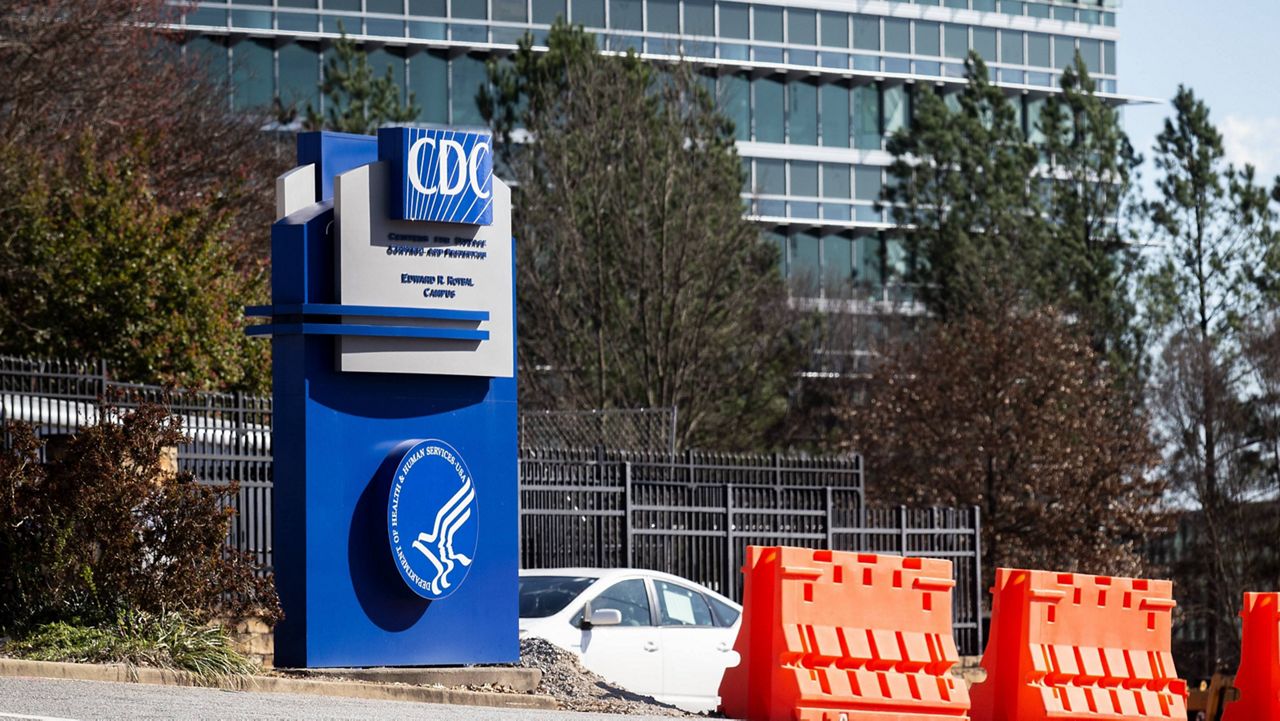Some guidance issued by the Centers for Disease Control and Prevention on the COVID-19 pandemic during the Trump administration was not primarily written by the agency’s staff, a CDC review found.
What You Need To Know
- Some guidance issued by the Centers for Disease Control and Prevention on the COVID-19 pandemic during the Trump administration was not primarily written by the agency’s staff, a CDC review found
- The analysis was ordered by ew CDC Director Dr. Rochelle Walensky “to restore the public’s trust in the" public health agency
- Principal CDC Deputy Director Anne Schuchat, who conducted the review, cited three CDC documents she said were developed or finalized outside the agency -- two have been removed, the other has been updated
- Schuchat also found that recommendations were sometimes softened, using terms like “consider” or “if feasible” when scientific evidence supported stronger wording
The analysis was ordered by President Joe Biden’s new CDC director, Dr. Rochelle Walensky, and conducted by Anne Schuchat, the agency’s principal deputy director.
According to Schuchat’s memo, the aim of the review was “to restore the public’s trust in the CDC” and “to ensure that all of CDC’s existing guidance related to COVID-19 is evidence-based and free of politics.”
“I am focused on moving CDC forward with science, transparency and clarity leading the way," Walensky said in a statement Monday. "It is imperative for the American people to trust CDC. If they don’t, preventable illness and injury can occur — and, tragically, lives can and will be lost.
“This agency and its critical health information cannot be vulnerable to undue influence, and this report helps outline our path to rebuilding confidence and ensuring the information that CDC shares with the American people is based on sound science that will keep us, our loved ones, and our communities healthy and safe.”
In addition to saying that non-CDC staff wrote agency guidance, Schuchat found that recommendations were sometimes softened, using terms like “consider” or “if feasible” when scientific evidence supported stronger wording.
The review also found that the CDC was inconsistent about including underlying evidence that was driving its changes in guidance.
Schuchat cited three CDC documents she said were developed or finalized outside the agency.
One, issued in July, made a strong case for fully reopening schools in the fall while downplaying health risks. It was removed in October. The guidance was issued weeks after Trump criticized the CDC’s earlier recommendations for reopening schools as being “very tough and expensive.”
Another, which was released in April and taken down from the CDC website last month by the new administration last month, set then-President Donald Trump’s proposed guidelines for reopening states during the pandemic. Its criteria was far less detailed than what the CDC and the Federal Emergency Management Agency had drafted, according to The Washington Post.
A third guidance, titled “Overview of Testing for SARS-COV-2,” was released in August and updated in September after it was immediately met with heavy criticism from public health experts. In it, the CDC changed its recommendations to say that people who had close contact with someone who had COVID-19 but who were showing no symptoms themselves did “not necessarily need a test.” The CDC had previously recommended testing “for all close contacts of persons with SARS-CoV-2 infection,” the virus that causes COVID-19.
Public health experts have consistently said that extensive testing is necessary to track and control the transmission of the virus, and because the disease is often spread by asymptomatic people.
The change in guidance also came at a time when Trump was repeatedly blaming testing for driving up the number of coronavirus cases in the United States and making the country look bad
The CDC reversed the change to clearly say, "You need a test.”
Schuchat’s review does not identify the outside authors, but there were several reports last year in which political appointees were accused of interfering with the CDC’s work.
Among them:
- The Trump administration told Dr. Nancy Messonnier to “lay low” after she first warned in February 2020 of the “severe” impact the coronavirus could have on the U.S., contradicting the president’s messaging, CNN reported.
- According to multiple reports, Michael, Caputo, former Health and Human Services assistant secretary for public affairs, and a top aide pressured the authors of the CDC’s weekly updates on the progress of the pandemic to alter, delay and scrap altogether the reports because they did not match Trump’s more optimistic public narrative. In a statement to Spectrum News, Caputo asserted he did not personally interfere with the CDC reports and said a staffer in his office tasked with analyzing the reports "exceeded my instructions passionately and impolitely and was released for doing so." Caputo also noted that his office had no role in crafting the guidance cited in Schuchat's review.
- And CDC staffers said they were pressured to issue guidance on reopening cruise ships and houses of worship despite evidence suggesting those actions could worsen the spread of the virus, NBC reported. There was also a standoff between the White House and CDC over web administration credentials, with the White House wanting to independently edit content on the site, a former official told the network.
Note: This article was updated to include the response from Michael Caputo.



